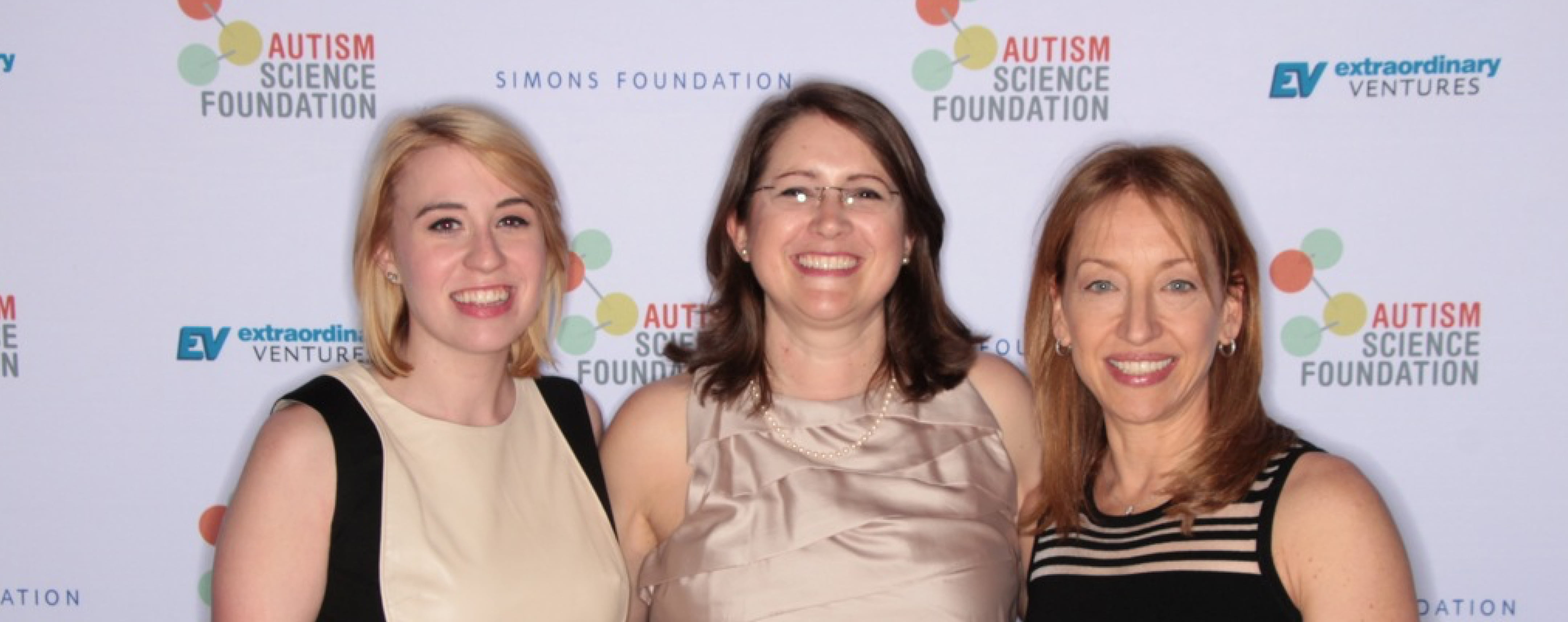Inhibition-Based Biomarkers for Autism Spectrum Disorder
Autism spectrum disorder (ASD) is a behaviorally defined and heterogeneous disorder. Biomarkers for ASD offer the opportunity to improve prediction, diagnosis, stratification by severity and subtype, monitoring over time and in response to interventions, and overall understanding of the underlying biology of this disorder. A variety of potential biomarkers, from the level of genes and proteins to network-level interactions, is currently being examined. Many of these biomarkers relate to inhibition, which is of particular interest because in many cases ASD is thought to be a disorder of imbalance between excitation and inhibition. Abnormalities in inhibition at the cellular level lead to emergent properties in networks of neurons. These properties take into account a more complete genetic and cellular background than findings at the level of individual genes or cells, and are able to be measured in live humans, offering additional potential as diagnostic biomarkers and predictors of behaviors. In this review we provide examples of how altered inhibition may inform the search for ASD biomarkers at multiple levels, from genes to cells to networks.

